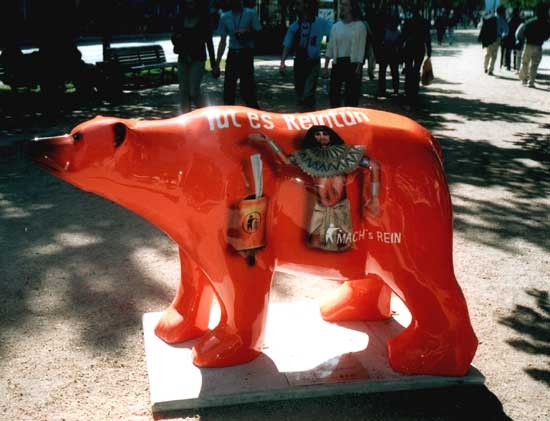The Importance of Bears in Our Ecosystem and Their Conservation

Introduction to Bears
Bears are among the most iconic mammals in the world, revered for their strength and adaptability. They play a crucial role in maintaining the balance of their ecosystems, contributing to biodiversity and the health of the environments they inhabit. Understanding bears and their conservation is increasingly vital as climate change and habitat loss threaten their populations and habitats.
Species of Bears
There are eight species of bears worldwide, including the American black bear, the brown bear (which includes the Grizzly), the polar bear, and the giant panda. Each species has unique habitats and behaviours. For example, polar bears are adapted to life on sea ice, relying on it for hunting seals, while giant pandas primarily eat bamboo and are found in mountain ranges in China. Recent studies indicate that the populations of several bear species are declining due to habitat destruction, poaching, and climate change, necessitating immediate attention from the conservation community.
Conservation Efforts
Current conservation efforts are focused on protecting bear habitats and fostering coexistence between bears and human populations. Initiatives include establishing wildlife corridors that allow bears to migrate safely between regions, enforcing stricter anti-poaching laws, and raising public awareness about the ecological significance of bears. Organizations like the World Wildlife Fund and the National Wildlife Federation work relentlessly to preserve bear habitats and educate communities about the importance of bears within their ecosystems.
The Significance of Bears
Bears contribute to their environment in various ways. As omnivores, they help control populations of plants and animals. Their foraging activities help to disperse seeds and promote plant diversity. The decline of bear populations can lead to unbalanced ecosystems, showcasing their role as a keystone species. Therefore, protecting bears not only preserves their species but also supports the broader ecological community.
Conclusion
As guardians of the forests and icy realms, bears embody the need for environmental stewardship. The challenges they face require coordinated conservation efforts and public support. Raising awareness about bear conservation is critical, as these majestic creatures are not only vital to their ecosystems but also represent the wild heritage of our planet. By promoting habitat protection and sustainable coexistence, we can ensure that bears thrive for generations to come.
